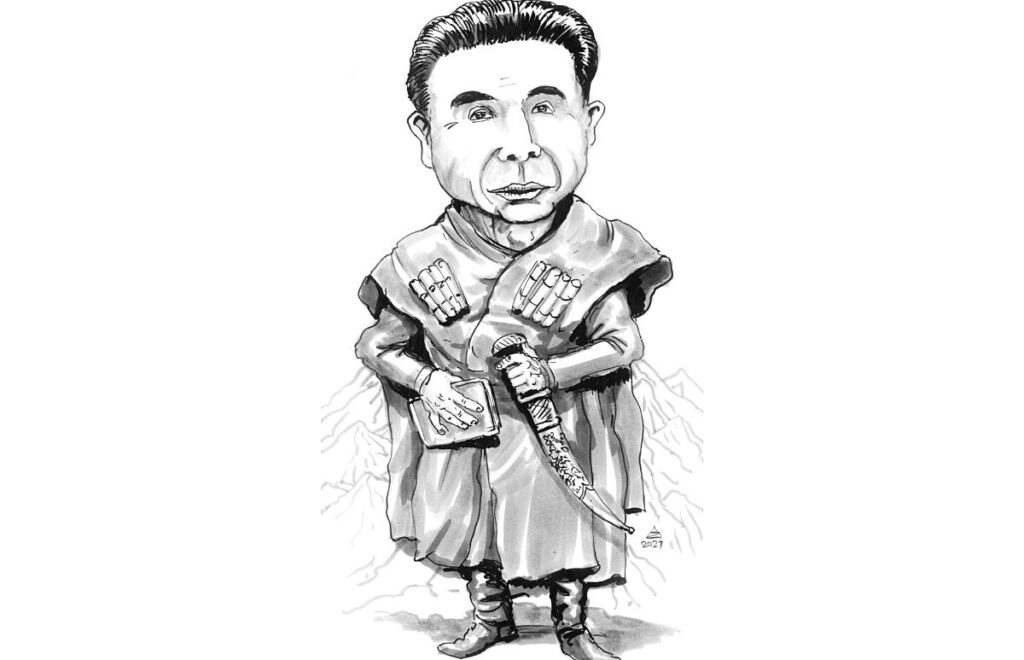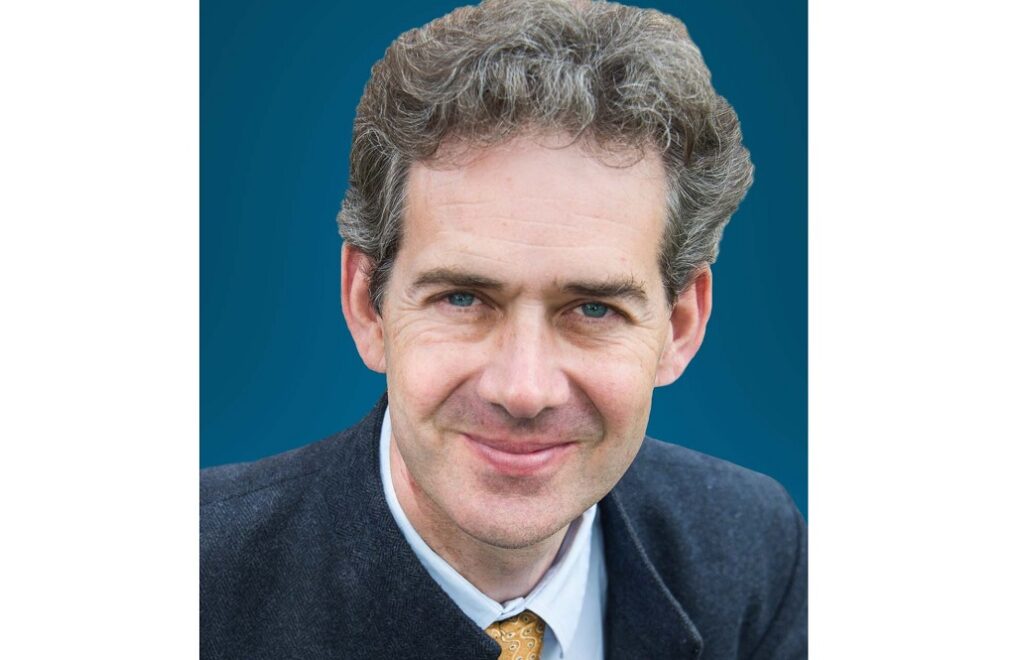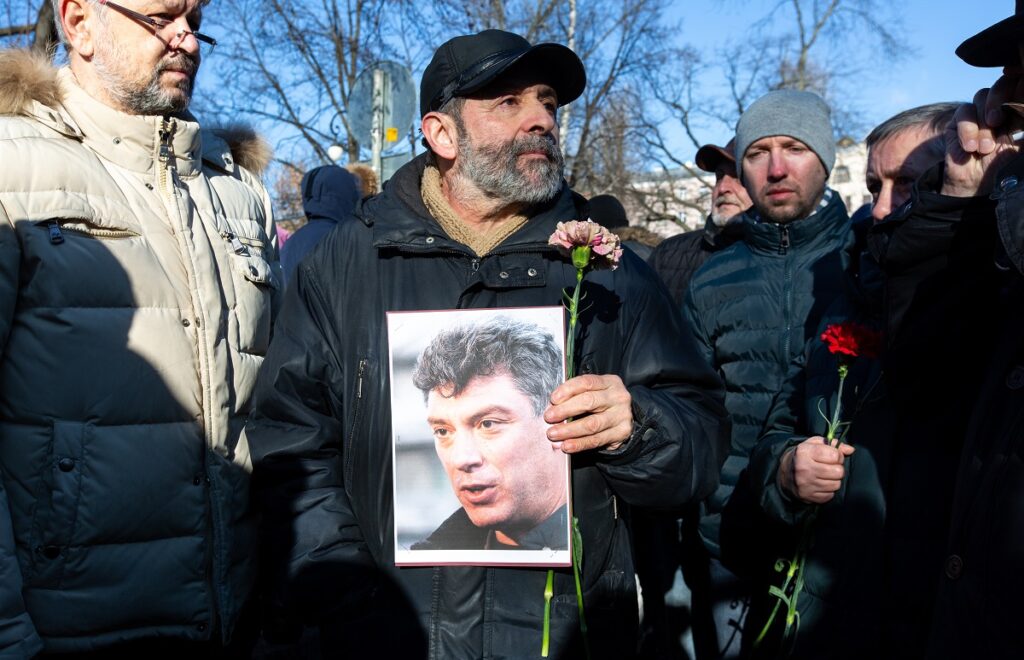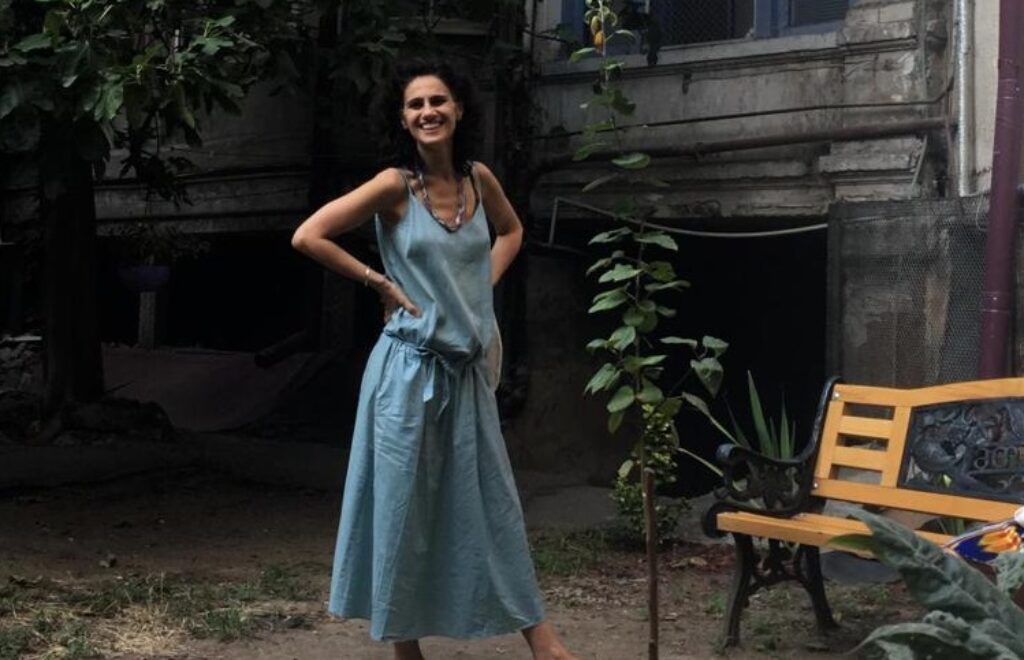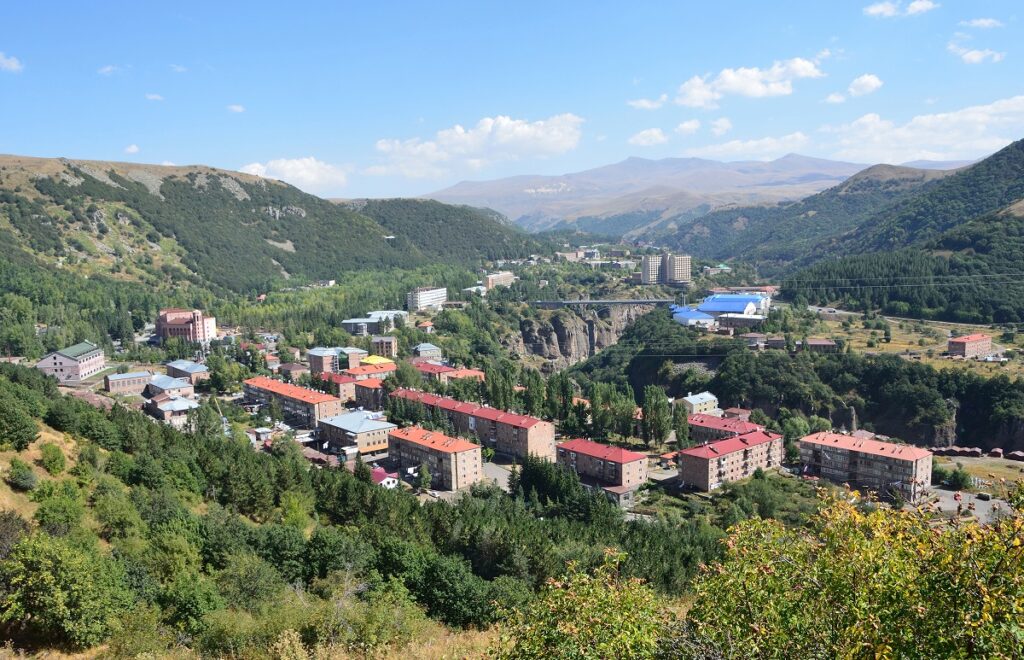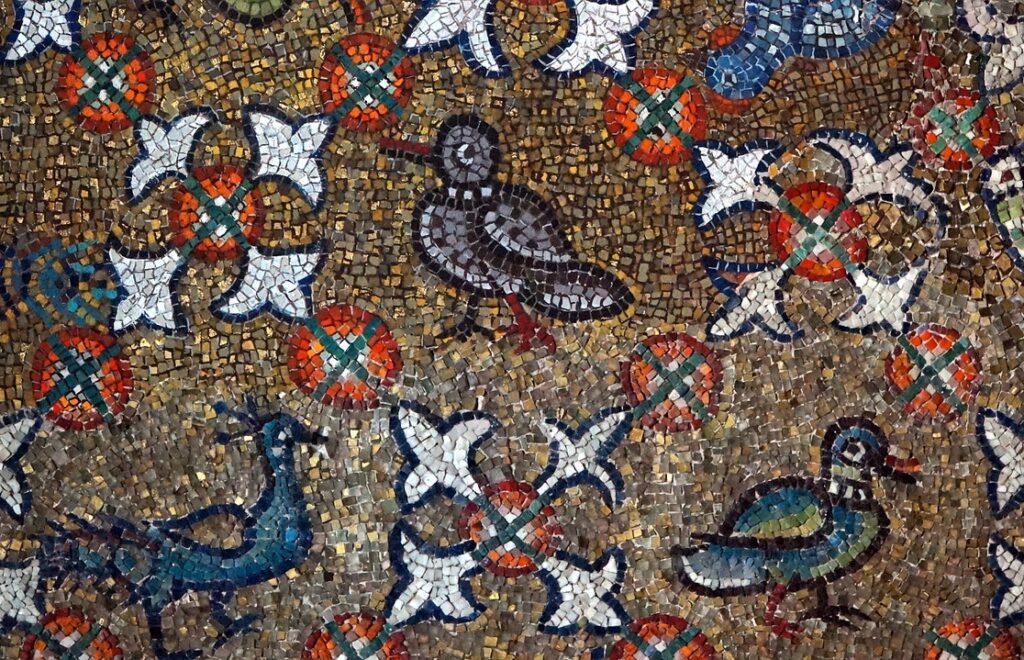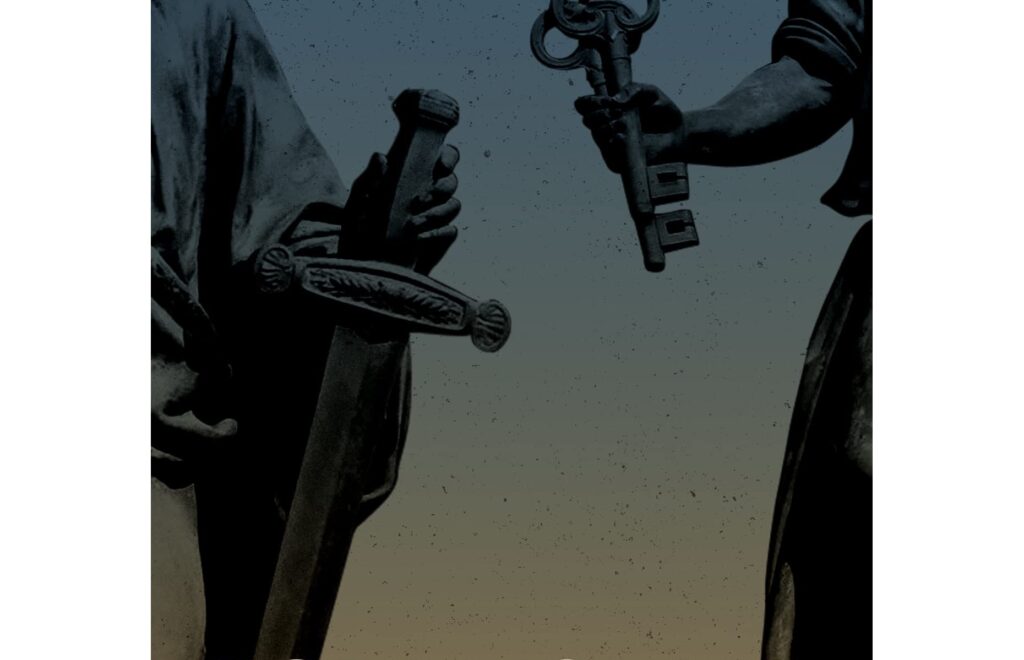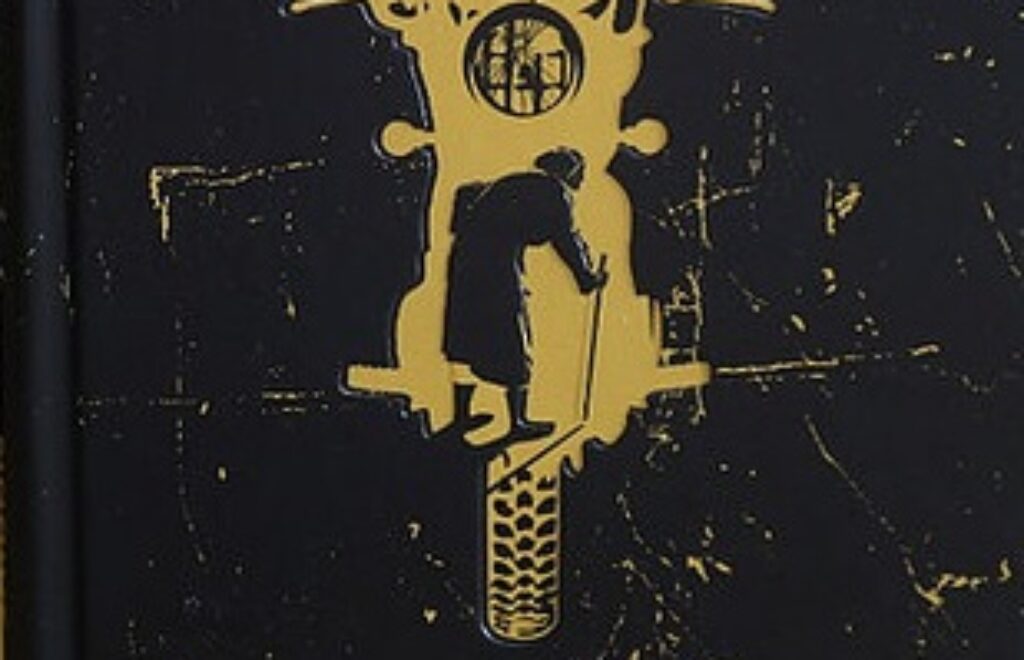What is really behind Ivanishvili’s decision to quit politics
On January 11th this year, Bidzina Ivanishvili, founder and chairman of Georgia’s ruling Georgian Dream party and the country’s most influential politician announced his retirement from politics “as party chairman, as well as from the party itself”. The 65-year-old billionaire declared his mission was accomplished, having decided to return to his “private lifestyle” and to “completely withdraw from politics and let go of the reins of power”.
April 11, 2021 - Soso Dzamukashvili


